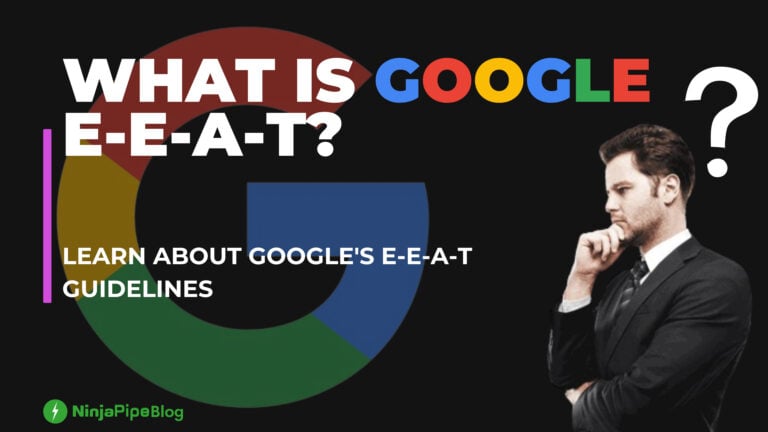Explore the profound influence of Artificial Intelligence on the world of Digital Marketing, transforming strategies, data analytics, and consumer engagement.
Artificial Intelligence (AI) isn’t just about robots anymore. It’s transforming how marketers work by automating tasks, personalizing content, managing leads, and understanding customer behavior. This shift has led to a surge in new AI tools and technologies aimed at enhancing productivity and efficiency for brands across various industries.
How AI is Changing Digital Marketing
AI is transforming digital marketing by offering innovative ways for people to search, discover content, interact with brands through chatbots, and access information via voice search. A recent survey showed that marketers see AI’s value in automating routine tasks (68%), improving customer experience (46%), and enhancing targeting and segmentation (45%).
Exploring the Pros and Cons of AI in Marketing
Like any technology, AI has its pros and cons. On the positive side, it boosts productivity by automating repetitive tasks, enhances efficiency in daily operations, provides valuable insights into customer behavior, enables personalized content creation at scale, optimizes content for SEO, improves ROI by predicting buying behavior, and facilitates predictive analysis for better planning.
However, challenges such as accuracy issues, the need for specific skills, biases in data, data security concerns, ethical considerations, and transparency issues need to be addressed when implementing AI in marketing strategies.
Different Types of AI in Marketing
Several types of AI technologies are reshaping marketing practices:
- Machine Learning: This technology allows machines to learn from data and make predictions without being explicitly programmed. It’s used in ad targeting, lead generation, and SEO to analyze customer data and tailor content accordingly.
- AI Assistants & Chatbots: These tools use machine learning and natural language processing to interact with customers, answer queries, and assist with tasks. Examples include chatbots on websites and platforms like Drift and Intercom.
- Voice Search: AI enables voice recognition technology, integrated into products like Google Search and Google Assistant, to provide accurate search results. Voice search optimization is crucial for brands to stay visible online.
- Marketing Automation & Personalization: AI-powered automation helps marketers enhance personalization, reduce costs, boost ROI, and make data-driven decisions. Ad targeting with AI has proven to be highly effective, as seen with tails.com’s success using Google’s AI-powered tools.
Will AI Replace Digital Marketers?
While AI offers many benefits, it’s not a substitute for human creativity and judgment. Marketers should leverage AI as a tool to optimize their strategies and processes, but human intervention is essential for reviewing and optimizing AI outputs.
The Future of AI in Digital Marketing
AI has already transformed marketing by providing deeper customer insights and improving engagement strategies. In the future, AI will continue to drive hyper-personalization, enhance customer experiences, streamline campaign processes, and play a significant role in search marketing.
As AI technologies develop, marketers need to adapt their strategies to ensure they remain relevant and competitive in digital marketing.
In conclusion, AI is reshaping digital marketing by offering innovative solutions to streamline processes, enhance customer experiences, and drive better results for businesses. Embracing AI as a valuable tool can help marketers stay ahead in today’s dynamic digital environment.








Leave a Comment